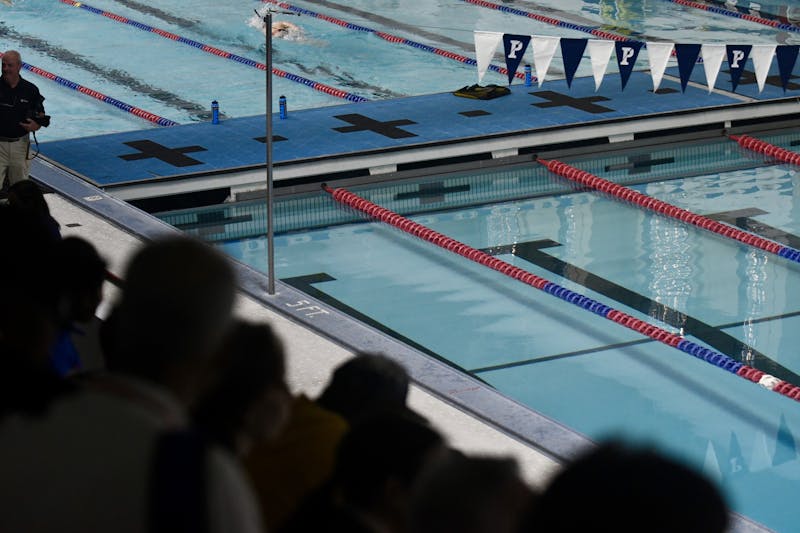Although a Penn education may carry a hefty price tag, it can be comforting for students to know that they can obtain legal services on the cheap.
There are a number of organizations on campus that provide free or significantly discounted legal advice for students.
The Undergraduate Assembly and Graduate and Professional Student Assembly offer the Legal Services program, which allows Penn students to schedule a free meeting with an attorney.
According to UA Chairman Jason Levine, Legal Services aids students in any cases that do not deal with landlord-tenant disputes or involve the University.
"We do ... anything that's not a conflict of interest," Levine said. "Anything from traffic violations to altercations with police officers."
College senior Lauren Kowtna recently consulted one of the free legal services offered on campus regarding controversy over an iPod prize for a poker tournament organized by Smokey Joe's.
She said the attorney was "really friendly and really helpful," but added that the service only provides advice as to the possible courses of action. The attorneys do not undertake pro bono legal action on behalf of students.
The attorney for Legal Services comes to Penn approximately once a month for three hours. Students who have applied for help meet with the attorney for a half hour each.
"I would say that we probably get around eight [applications] per month," said Rachel Fersh, a College junior on the UA Executive Board. "Two of them usually end up not using the service. We get about equal undergraduate and graduate applications."
In spite of the application process, Fersh said that few students who want legal help are turned down.
"I've actually only had one application this year where we weren't sure if they warranted legal service," Fersh said. "Everyone seems to have pretty legitimate concerns."
Fersh would not disclose examples of these concerns due to the confidentiality of the service.
For landlord-tenant disputes, the Office of Off-Campus Living provides heavily subsidized legal assistance.
Miki Farcas, the Director of Off-Campus Living, emphasized that the service is meant to be an educational experience and that legal assistance and counseling constitute a last-resort option that is not used unless a problem cannot be solved otherwise.
"It all started in 1998. We put together a proposal and made the case that this would be a needed service," Farcas said. "We put together this service whereby the University retains the services of an attorney to educate and assist students in landlord-tenant disputes."
Farcas said that six to eight students request legal help from Off-Campus Living in an average month.
When students are referred to the attorney, they are charged about $50 per hour -- which is an approximately 75 percent discount, Farcas said.
"This is something that invites a lot of thought and responsibility," Farcas said. "It is a resource."
Penn's Law School provides pro bono legal services as well.
Law students are required to complete a 70-hour, law-related public service requirement to graduate.
While information on the legal resources available to Penn students can be found online, Fersh said that many students may not be aware of their options for receiving legal assistance if they need it.
"It's there, and it would be great if students used it more," Fersh said. "It's something that student government is directly doing for students."
The Daily Pennsylvanian is an independent, student-run newspaper. Please consider making a donation to support the coverage that shapes the University. Your generosity ensures a future of strong journalism at Penn.
DonatePlease note All comments are eligible for publication in The Daily Pennsylvanian.







